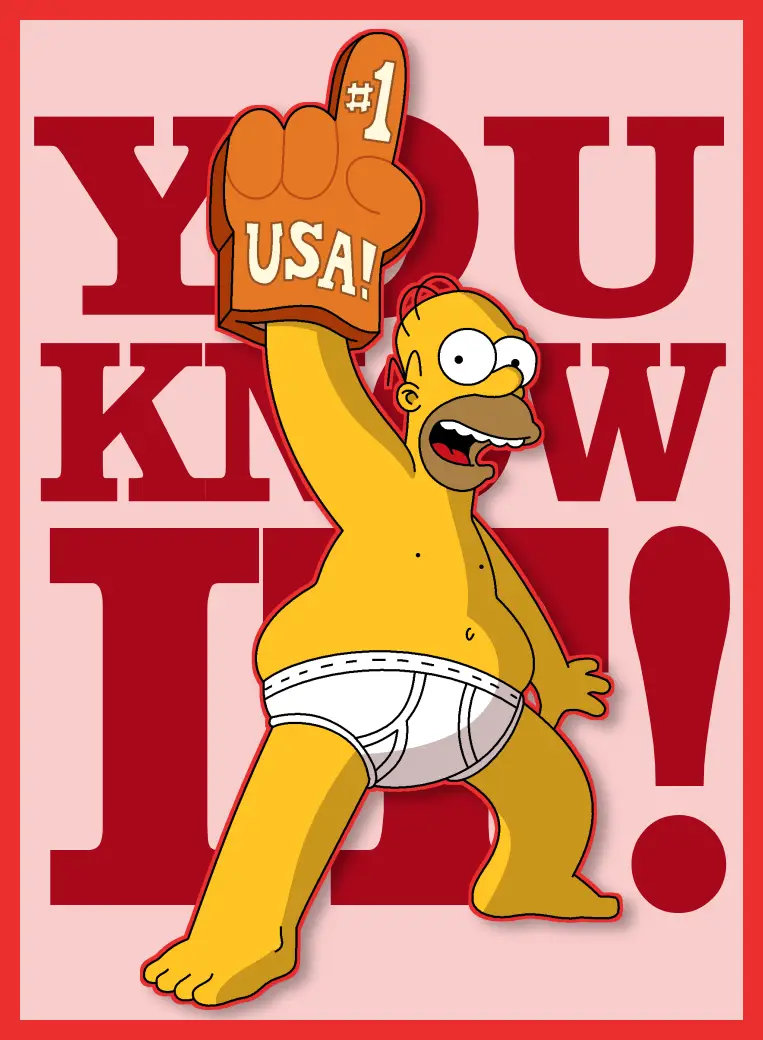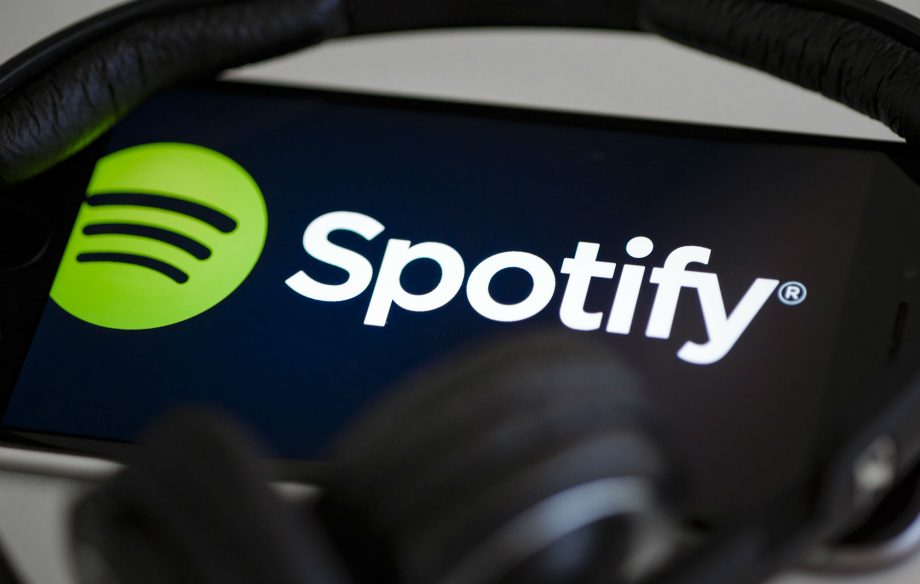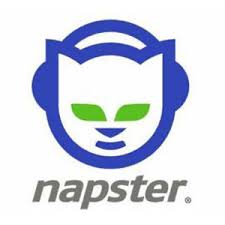
Should songs that get skipped on streaming platforms be worth less?
In case you didn’t know, a song has to be played for at least 30 seconds before a streaming music platform pays out. I explain how this is warping and corrupting music composition in this TEDx talk.
If you can’t be arsed to watch this–which I totally understand–the relevant points to this post are the following:
- According to Spotify user analytics, there’s a 24% chance that a user will skip an unfamiliar song within the first FIVE seconds.
- Another 29& will skip that unfamiliar song in the first 10 seconds.
- And 35% will be gone before the song ticks over 30 seconds.
This is bad. First, it’s a testament to our ever-shortening attention spans. Second, it shows how disposible music has become. And third, it’s forcing artists, songwriters, and producers to alter the very nature of songwriting.
You obviously do not want people to skip your song for more than ego reasons. The algorithms keep track of skips. The more a song is skipped, the further the algorithm pushes it down. It gets served up less and less and the song. It starts disappearing from playlusts. And soon, it’s buried amongst the other 120 million songs in the library.
As a result, everything is being thrown at songs to keep people listening for at least 30 seconds. That includes shorter intros, starting with the chorus, and as many sugar-high hooks as possible in that first half-minute in an effort to keep people listening for at least that long.
Skipped songs are thus naturally a Big Deal to everyone on all sides of the recorded music industry. And here’s a question that’s now being asked: Should songs that get skipped be valued less on a monetary level? Should some kind of penalty be assessed to the song?
Will Page is Spotify’s former chief economist. He’s just released a report entitled A Case for Completion. I shall quote:
“Put simply, songs that are streamed in their entirety should be better compensated, and songs that are skipped before the end should be valued less.” He says that songs that are played for at least 30 seconds shouldn’t get paid the full amount for that stream–which, in Spotify’s case is anywhere from $0.003 to $0.005.
Wait: You’re proposing a penalty–proposed at 15%–on an artist because of a user’s itchy skip finger? And what are you going to do? Deduct $0.00045 from the artist’s payout? Yep. That’s the argument.
Page says that if the streaming platforms figure “completion” into the calculations for payment, that could be a better and more equitable system when it comes to payouts. Again, I quote:
“It’s easy to legally define, and therefore removes the risk of auditing disputes. And it not only fulfils the widely held desire to depart from pro-rata without causing harm, but also allows for more aspirational models to be explored.” Translation: Rewarding a song played to completion equals “greater appreciation of the songwriter’s work.”
However, longer songs would be penalized. Think of a Tool track that runs for ten minutes. Longer songs are more liable to being skipped, even by ardent fans. Such a policy would also benefit “lean-back” listening when people just put on Spotify and let it run.
There’s at least one advantage that I can see. Such a move would slow down “click farms”–places that use bots to run up fake streams to boost payouts. Then again, a click farm could just make a playlist of songs it wants boosted and then just let it run ad infinitum.
There’s some voodoo math involved in Page’s report that suggests that there would be an overall uplift in payments.
Expect there to be more debate over this. More here.



